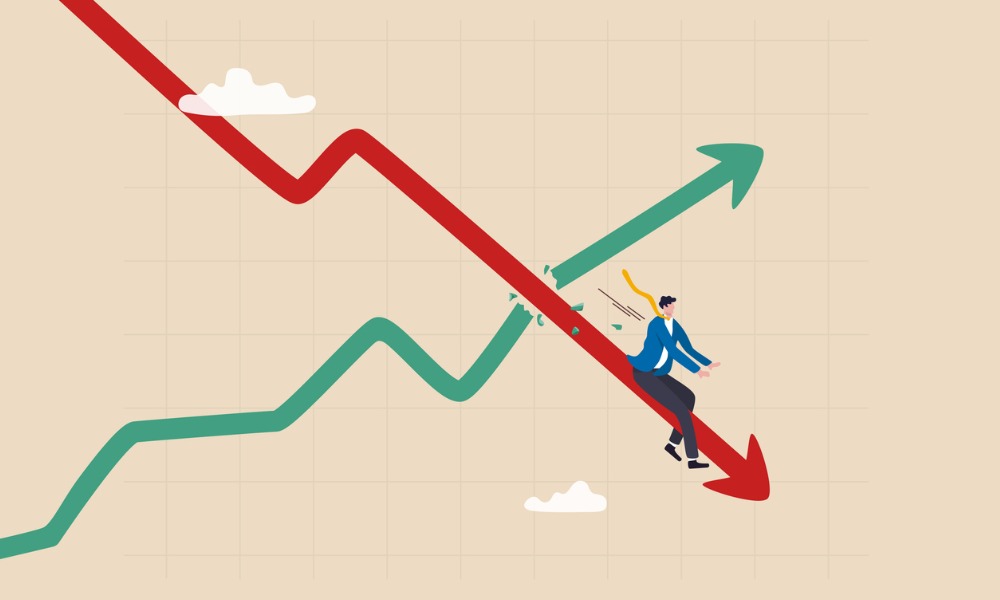Prices are now £7,000 below the recent peak

The average house price in the UK was £286,000 in May, increasing by 1.9% over the past 12 months to May 2023, the Office for National Statistics (ONS) has reported.
While May’s average UK house price was around £6,000 higher than a year ago, it was still way below the recent peak recorded last year. The 1.9% rise was also lower than the 3.2% annual house price growth of the previous month.
Average house prices increased over the year by 1.7% to £304,000 in England, by 1.8% to £213,000 in Wales, by 3.2% to £193,000 in Scotland, and by 5% to £172,000 in Northern Ireland.
Latest house price data supplied by HM Land Registry, Registers of Scotland, and Land and Property Services Northern Ireland showed that the North East saw the highest annual percentage change of all English regions in the 12 months to May at 4%, while the East saw its average house price unchanged.
UK average house prices increased by 1.9% in the 12 months to May 2023.
— Office for National Statistics (ONS) (@ONS) July 19, 2023
This is down from 3.2% in April 2023.
➡ https://t.co/oK4WnXvvbS pic.twitter.com/pF0InCdV9f
“UK annual house price inflation slowed again in May for the seventh consecutive month,” commented Aimee North, ONS head of housing market indices. “While the average UK house price remains higher than 12 months ago, prices are now £7,000 below the recent peak in September 2022.”
Emma Hollingworth, managing director of mortgages at MPowered Mortgages, said that given the steady rise in mortgage rates and high inflation levels, the latest figures were not unexpected.
“Buyer confidence has tempered in recent months, particularly with two-year fixed rates reaching the highest levels since the 2008 financial crash,” she noted. “However, we are beginning to see these rates stabilise. Moreover, with energy bills falling, we can expect inflation to trend in a more manageable direction, boosting buyer confidence in the long run.”
Nicky Stevenson, managing director at estate agent Fine and Country, added that while mortgage rate rises were stifling growth as it ate into what buyers could afford, the housing market had been incredibly resilient.
“Despite many home movers having reduced buying power compared to the start of the year, demand remains broadly similar to 2019, which was a fairly typical year for the housing market,” Stevenson pointed out.
“Sensibly priced properties are still attracting a lot of interest and offers, particularly from buyers who sense they could be getting a good deal on their next home.”
Tomer Aboody, director of property lender MT Finance, said that as the market gets to grips with constant negativity in terms of rising interest rates and high inflation, there will inevitably be a slowdown in property transactions.
“Something needs to change in order to inject some fuel into the market, as sales volumes are nearly half of what they were this time last year,” he continued. “The property market is the backbone of the UK economy and can’t be allowed to grind to a complete halt.”
Any thoughts on this latest ONS release of house price data? Tell us by leaving a comment in the discussion box at the bottom of the page.



